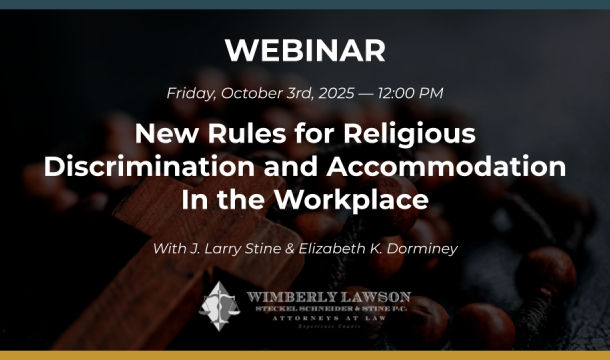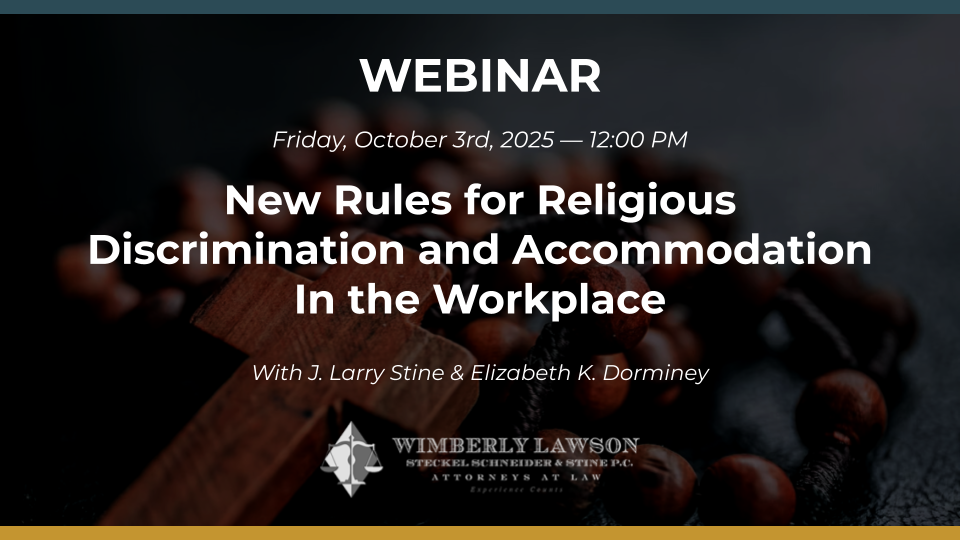The North Carolina Department of Labor Says that Employers Can Fire Employees Who Do Not Show Up for Work During a Hurricane. That Does Not Mean It is A Good Idea.
In North Carolina, a major hurricane is not necessarily a good excuse for employees to miss work, at least according to the North Carolina Department of Labor.
This is what the North Carolina Department of Labor website says:
Does my employer have the right to make me come to work during adverse weather conditions?
Yes. Since an employer does not have to have an adverse weather policy at all, the employer can simply inform its employees that they must report to work whenever the business is open regardless of the weather conditions or road conditions. With very few employment law exceptions (discussed below), an employer can make staying at work or reporting to work during adverse weather a condition of employment.
And it does not matter if a 'state of emergency" has been declared:
What if the governor declares a "state of emergency" and asks everyone to stay off the roads?
It does not matter if state officials have declared a state of emergency and are advising people to stay off of the roads. The decision to stay open or to close, for its employees to remain at work or leave early, or for its employees to report to work or not during adverse weather conditions, is entirely up to each individual employer to make on its own.
Just because an employer can require employees to work during a hurricane does not mean that it should. If it is unsafe for employees to travel or even remain in the area (due to an evacuation order), the employer that requires employees to report to work anyway may be violating public policy and placing people under unnecessary risk of harm. Placing employees in unnecessary danger may also violate OSHA's General Duty clause. And finally—it just looks bad. Unless the business is one that provides important public services (such as a hospital or utility), let employees stay home (or evacuate) and be safe.
Pro tip: If your business does not have a written adverse weather policy, it is time to implement one. At a minimum, an employer should have a policy regarding how it will communicate with employees about any closing of the business due to adverse weather so employees do not make unnecessary trips.

Kathleen J. Jennings is a former principal in the Atlanta office of Wimberly, Lawson, Steckel, Schneider, & Stine, P.C. She defends employers in employment matters, such as sexual harassment, discrimination, Wage and Hour, OSHA, restrictive covenants, and other employment litigation and provides training and counseling to employers in employment matters.
Related Content
Get Email Updates
Recent Content

Trump Nominates Appointments to NLRB and EEOC but Policy Changes Likely to Be Delayed

DOL Launches Self-Audit Programs Designed to Help Employers Improve Compliance

DOL Must Release EEO-1 Reports to the Public under Open Records Laws

Current Advice on Active-Shooter Situations

New Policy for Federal Workers and Religious Expressions

